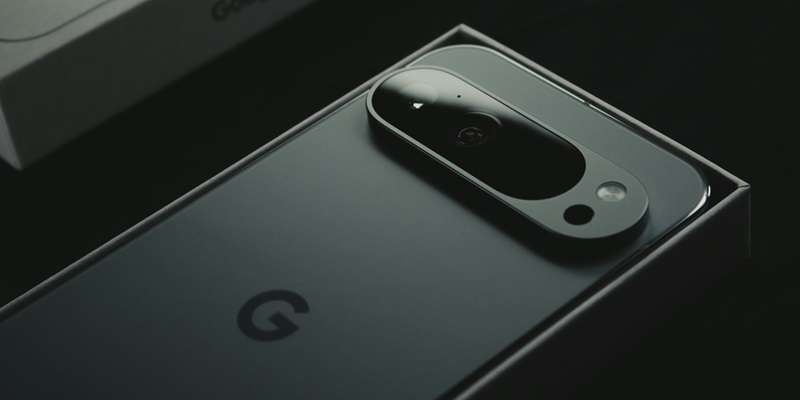As the tech world eagerly anticipates the 2025 launch of Google’s Pixel smartphone lineup, several key details have emerged that paint a vivid picture of what consumers can expect. This year’s announcements set the stage for an exciting future, with the Pixel series expanding to include the Pixel 9a, Pixel 9, Pixel 9 Pro, Pixel 9 Pro XL, and Pixel 9 Pro Fold. According to recent leaks, Google’s strategy for 2025 continues to focus on delivering a diverse range of devices. The upcoming Pixel 10 series will mark the product line’s 10th anniversary and promises to bring significant upgrades and new features.
A Commitment to Variety and Innovation
The 2025 Pixel lineup from Google will cater to a wide array of consumer preferences, showcasing the tech giant’s commitment to a diverse product offering. Central to this strategy is the inclusion of five new smartphones, spanning traditional handsets to foldable models, across various price points. The standard Pixel 9a, codenamed ‘Tegu,’ is expected to hit the market around May, coinciding with the annual Google I/O developer conference. Alongside it, the Pixel 10 series will introduce four flagship models: Pixel 10 (codenamed ‘Frankel’), Pixel 10 Pro (‘Blazer’), Pixel 10 Pro XL (‘Mustang’), and a foldable Pixel 10 Pro Fold (‘Rango’).
The next-generation Tensor chipset, likely dubbed Tensor G5, is a key element of the 2025 lineup. This chipset, to be manufactured by TSMC, will define the new Pixel smartphones’ performance and efficiency, offering users a significant leap in overall device capability. The focus on a varied lineup is intended to ensure that Google remains competitive in both mainstream and premium segments of the market. Despite the absence of detailed specifications at this point, the strategy underlines Google’s approach to consistent yearly updates and steady hardware improvements, cementing its place in the crowded and fast-evolving smartphone market.
Catering to a Broad Consumer Base
Google’s plan to release five distinct models in the 2025 lineup demonstrates an effort to cater to a wide spectrum of consumers. Whether users are seeking budget-friendly options or high-end, feature-rich devices, the next-generation Pixel phones are designed to meet these needs. By maintaining the Pixel a-series, exemplified by the Pixel 9a and the upcoming Pixel 10a, Google offers accessible options without compromising on essential features. For those interested in premium experiences, the Pixel 10 Pro and its XL variant promise cutting-edge technology, larger displays, and possibly enhanced camera systems.
The introduction of foldable models like the Pixel 9 Pro Fold and the anticipated Pixel 10 Pro Fold reflects consumers’ growing interest in innovative form factors. These foldable devices are expected to blend productivity with portability, appealing to tech enthusiasts and professionals alike. Google’s inclusion of such models indicates its readiness to push the envelope in terms of design and functionality, possibly setting new benchmarks in the industry. Collectively, these offerings underscore Google’s intent to provide a holistic and enriched user experience.
Strategic Consistency and Market Positioning
As the tech world eagerly awaits the 2025 debut of Google’s newest Pixel smartphones, several intriguing details have surfaced, offering insights into what consumers can look forward to. This year’s announcements have set the stage for a thrilling future, with the Pixel series poised for significant expansion. The lineup will include the Pixel 9a, Pixel 9, Pixel 9 Pro, Pixel 9 Pro XL, and the much-anticipated Pixel 9 Pro Fold. According to recent leaks, Google’s strategy for 2025 is focused on delivering a diverse range of devices tailored to various needs and preferences.
Notably, Google’s upcoming Pixel 10 series, set to be released on the product line’s 10th anniversary, promises to introduce substantial upgrades and innovative new features. This milestone anniversary is expected to celebrate a decade of technological advancements and customer satisfaction. Enthusiasts are particularly excited about the potential for breakthroughs in camera technology, battery life, and software enhancements that could redefine user experience. The Pixel 10 series represents not just another iteration but a significant leap forward in the evolution of smartphones.

